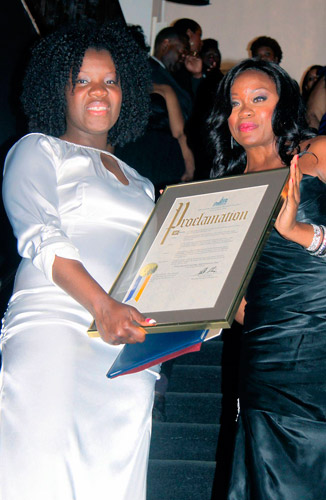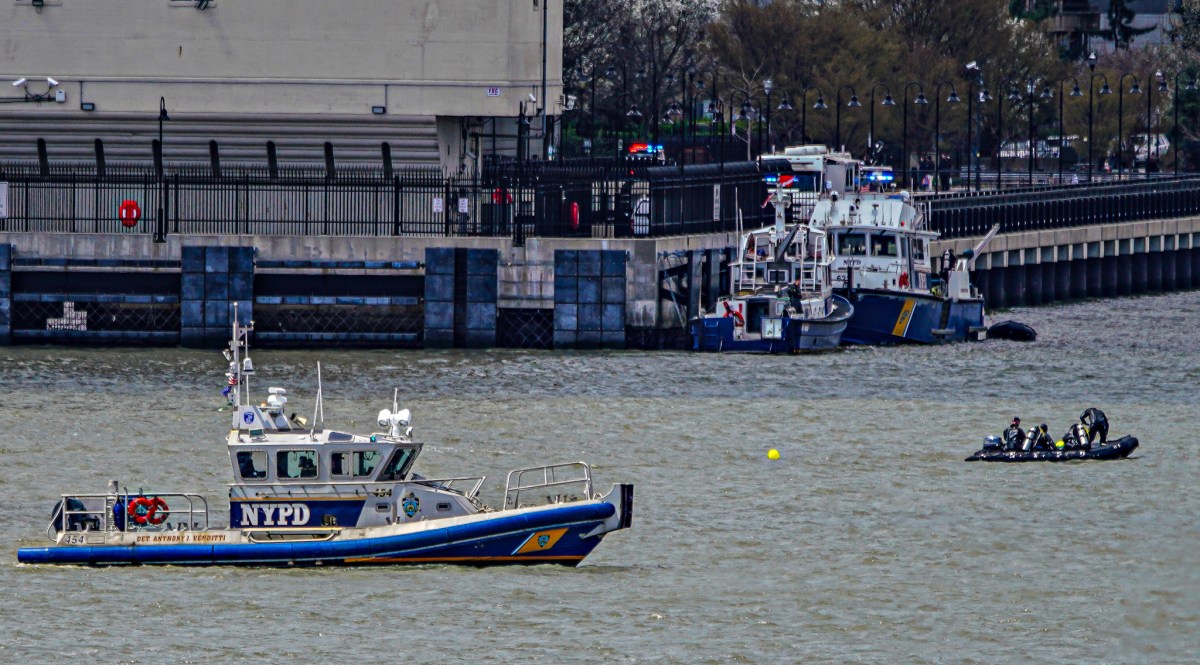Brooklyn Congresswoman Yvette D. Clarke has welcomed the United States’ decision to increase the number of refugees allowed to resettle in the country to 100,000 annually by 2017, an increase from the current number of 70,000.
“These individuals are desperate. We have a responsibility to help,” said Clarke, who represents the ninth Congressional District in Brooklyn. “I commend the Department of State and President Obama on their decision to increase our efforts to offer safety to these refugees.”
“But we must continue in our efforts to provide assistance to the millions of people who are now at risk, as a result of persecution based on their religion, their race or nation of origin, or their political beliefs,” added Clarke, who, with 71 of her colleagues in the House of Representatives, had urged President Obama to increase the annual number of refugees who are allowed to resettle in the United States to 130,000.
“The values we share as a civil society include the basic principle that the rights of every person are entitled to respect,” Clarke continued. “We have the opportunity to act on that principle by welcoming families and children who want to escape the fear of persecution based on their identity or their beliefs.”
She noted that there are now 60 million refugees around the world, more than at any time since the end of World War II.
Clarke said this crisis requires every nation – particularly nations such as the United States with substantial resources available – “to provide assistance to protect the safety of families and children fleeing from conflict and persecution.”
She said the current instability in Syria has displaced more than four million people, “yet only 1,400 Syrian refugees have been allowed to resettle in the United States.
“The many refugees who have risked death by attempting to travel in the desert without supplies or by sea on inadequate boats demonstrate the seriousness of their situation,” Clarke said.
On Sunday, Secretary of State John Kerry said the Obama administration will increase the number of worldwide refugees the United States accepts each year to 100,000 by 2017.
“This step that I am announcing today, I believe, is in keeping with the best tradition of America as a land of second chances and a beacon of hope,” said Kerry, adding that it “will be accompanied by additional financial contributions” for the relief effort.
The American move, announced after Kerry held talks in Berlin with his German counterpart, Frank-Walter Steinmeier, still falls far short of the global demand for resettlement from people who continue to flee turmoil in Syria, Iraq, Afghanistan and other countries, according to the New York Times.
It noted that four million Syrians have fled to other countries, and hundreds of thousands of others from the Middle East and Africa have been pouring into Europe.
Kerry said the United States would explore ways to increase the overall limit of refugees beyond 100,000, while carrying out background checks to ensure that their numbers are not infiltrated by terrorists.
“We still need to do more, and we understand that,” said Kerry said at a news conference with Steinmeier.
Under the new plan, the limit on annual refugee visas would be increased to 85,000 in 2016. The cap would then rise to 100,000 the following year.
The United States has taken in only about 1,500 Syrian refugees since the start of the conflict there more than four years ago, the Times said.
American officials said that the Syrians accepted in the next year would come from a United Nations list of about 18,000 refugees, according to the paper.
The three largest groups of refugees admitted last year were from Iraq, Somalia and Bhutan.
Syrians were at the bottom of the list of nationalities. Refugees are people who have fled their homes to escape war or persecution (and can prove it), while migrants more generally may be relocating for economic reasons, the Times explained.
After weeks of indecision, the European Union (EU) voted on Tuesday to distribute 120,000 asylum seekers among member states, a plan meant to display unity in the face of the largest movement of refugees on the Continent since World War II.
Instead, the decision — forced through by a majority vote, over the bitter objections of four eastern members — did as much to underline the bloc’s widening divisions, even over a modest step that barely addresses the crisis, the Times said.
Nearly half a million migrants and refugees have arrived in Europe this year, according to the United Nations High Commissioner for Refugees, a number that is only expected to rise.

























